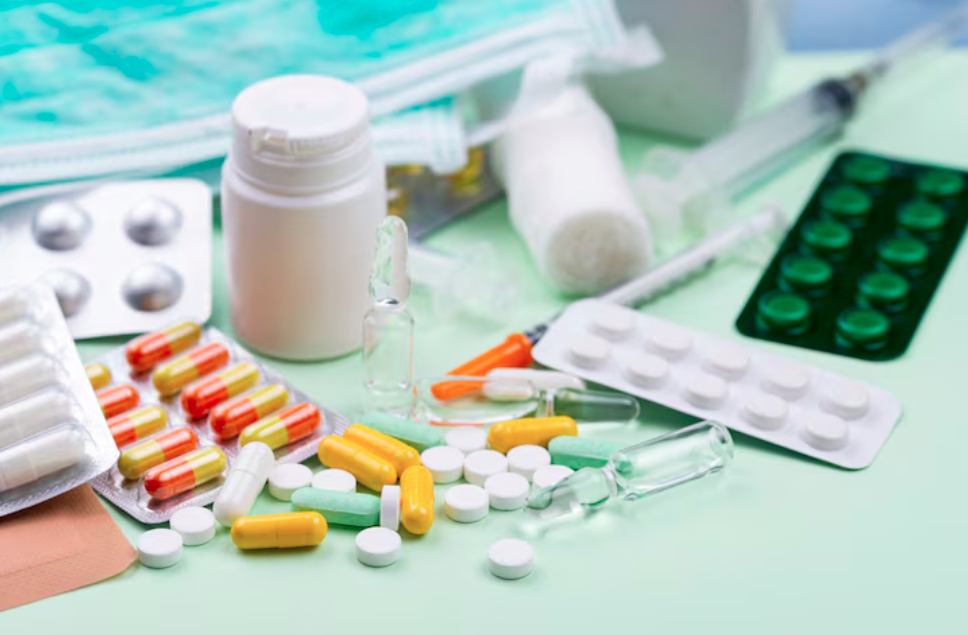In a major step toward strengthening its healthcare system, Nigeria is moving to reduce its reliance on imported medicines by bolstering local pharmaceutical production. This effort, championed by both the government and private sector, marks a strategic shift aimed at improving national health security and economic resilience.
Currently, Nigeria imports nearly 70% of its medicines, according to the National Agency for Food and Drug Administration and Control (NAFDAC). This heavy dependence exposes the country to global supply chain disruptions, foreign exchange fluctuations, and inflated costs—issues made worse during the COVID-19 pandemic when international access to essential drugs became highly restricted.
A National Imperative
Recognizing the vulnerabilities associated with import dependence, the Federal Ministry of Health, in collaboration with industry stakeholders, has launched initiatives to promote local drug manufacturing. These include policy reforms, tax incentives for local producers, capacity-building programs, and support for pharmaceutical research.
Speaking at a recent health investment forum, a ministry official emphasized, “Building local capacity is no longer optional—it’s a national health security imperative.” The aim is not only to supply essential medicines domestically but also to position Nigeria as a pharmaceutical hub in West Africa.
Private Sector Participation Grows
Several local pharmaceutical companies are rising to the challenge. Firms like Emzor, Fidson, and May & Baker have expanded their manufacturing facilities and partnered with global firms to enhance quality and compliance with international standards.
The Pharmaceutical Manufacturers Group of the Manufacturers Association of Nigeria (PMG-MAN) has also been instrumental in lobbying for infrastructure improvements, better access to financing, and reliable power supply—all crucial to sustaining large-scale production.
Health and Economic Benefits
By producing more medicines locally, Nigeria stands to gain not just in healthcare outcomes, but also in economic terms. Local production will create jobs, reduce pressure on foreign exchange, and improve the availability of affordable, quality medications for the population.
The Road Ahead
Challenges remain, including high production costs, regulatory hurdles, and the need for skilled workforce development. But with political will, private sector innovation, and international support, Nigeria appears committed to reversing decades of pharmaceutical dependence.
In doing so, the country takes a vital step toward self-sufficiency in healthcare, ensuring that the health of its citizens is not left at the mercy of external markets.
Last Updated on May 26, 2025 by kingstar





